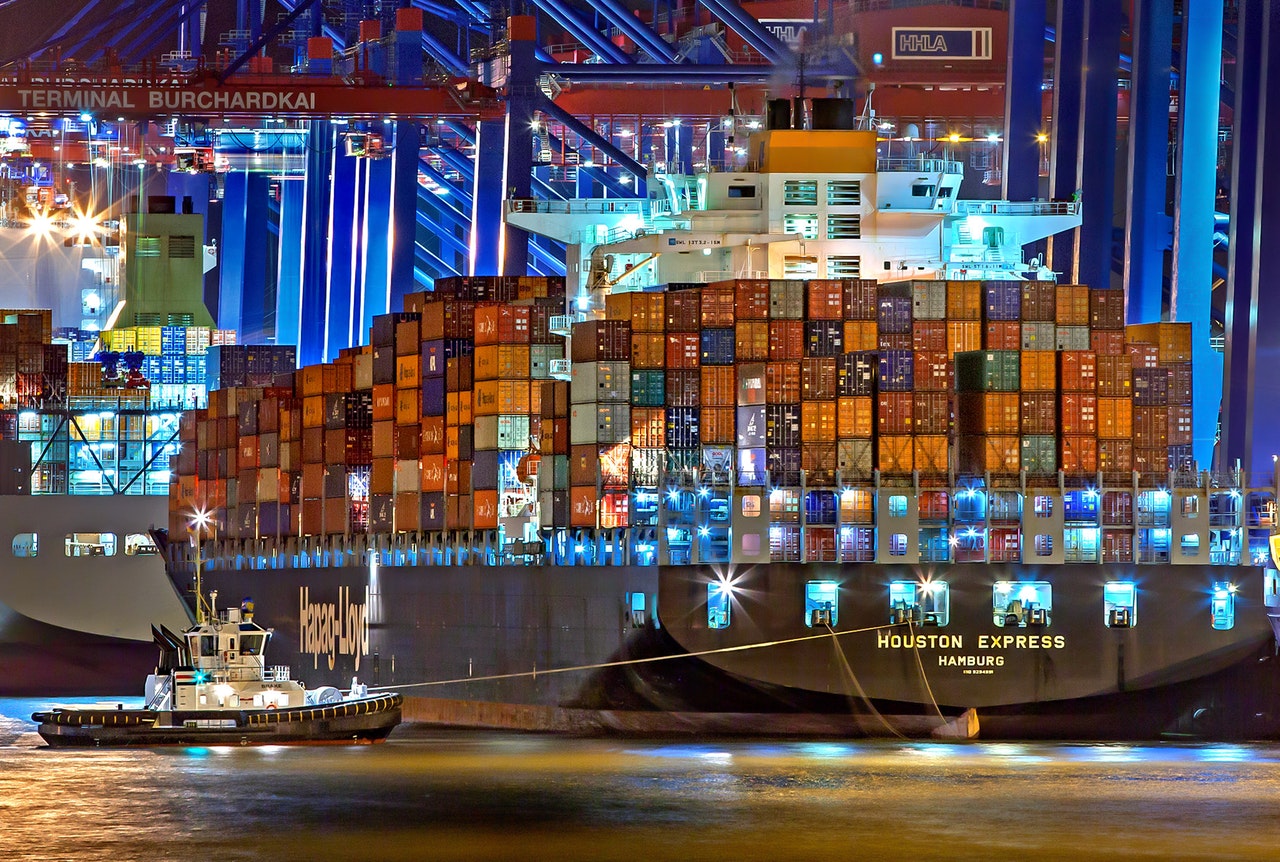As global trade strengthens, ports are investing in better infrastructure, smarter tech, and a culture of adaptability in order to meet growing demand.
Buoyed by an international economic landscape recovering from the Great Recession, ocean freight has taken center stage as an indispensable mode of global trade. With over 90% of all trade carried by ships at some point during its journey, the pressure is on maritime shippers and port operators to handle increasing volume and higher stakes at a key juncture for international growth.
With ocean freight remaining the most cost-effective way to move goods, ports are substantially reinvesting in their infrastructure, technology, and culture in order to meet surging demand. Indeed, ports around the United States are in a dynamic period of reconstruction, updating their capacities and capabilities in three key ways to stay competitive during the age of e-commerce.
1. Overhauling Physical Infrastructure
While emerging technology such as the Internet of Things (IoT) and artificial intelligence (AI) will play key roles in the smart ports of the future, the physical infrastructure needs to be in place if port operators hope to accommodate more and more vessels. This reality hasn’t been lost on important ports around the country, with the Port Authority of New York and New Jersey putting billions of dollars into their facilities to stay competitive.
In fact, the Port Authority has spent $1.6 billion raising the Bayonne Bridge’s roadway to allow for larger vessels, $2.1 billion deepening the harbor’s navigation channels, and $600 million improving rail services in and out of its major container terminals. By doing so, experts hope to draw trade from Asia through an expanded Panama Canal.
2. Investing in Cutting-Edge Digital Solutions
To guarantee that these investments produce actionable gains in traffic, ports are also creating better technological platforms. The Port Authority recently unveiled its Terminal Information Portal System, or TIPS. The tool gives qualified users real-time access to container availability, booking status, vessel schedule, and empty-container return-location information. Taken together, TIPS allows the Port Authority to offer cutting-edge support to the most competitive shipping companies on the global market.
New York and New Jersey aren’t alone, however. The Ports of Long Beach and Los Angeles just launched a pilot program with GE Transportation called Port Optimizer. According to GE, the project “helps supply chains monitor and respond to dynamic conditions, align people and resources, and proactively communicate across functions.” In addition to physical infrastructure improvements of their own, the Ports of Long Beach and Los Angeles — the busiest complex in the country — are supporting future growth with heightened visibility and improved predictability.
3. Embracing a Culture of Innovation
For port operators, staying ahead of the e-commerce curve depends on embracing change. While the Amazon revolution has changed the way that customers expect to receive goods — on what timeline, with what visibility, and at what cost to them — supply chain professionals have to determine where to devote precious resources in order to make their operations as efficient and competitive as possible.
For the Port Authority of New York and New Jersey and the Ports of Long Beach and Los Angeles, this culture of innovation lives at the intersection of physical improvements and digital support. Taken together — and used by adaptable professionals who are willing to learn new tricks after decades in the industry — these dimensions can complement growth strategies aimed at maintaining competitiveness on an increasingly international stage.
Making the Most of Smarter Ports
For shippers aiming to drive value for their e-commerce supply chain, making the most of smart ports is an essential step in ocean shipping. Understanding how to navigate that freight landscape, however, is another thing entirely. By partnering with third-party logistics (3PL) partners and integrated logistics services providers (ISPs), businesses can rely on shipping and logistics professionals with the experience they need to scale.
With over twenty years of experience in international shipping and logistics, Primary Freight has particular expertise in ocean freight. Thanks to our award-winning team, our clients benefit from the industry knowledge and global contacts of a competitive shipping network. If your e-commerce operation is looking to boost its shipping ROI, our supply chain professionals are ready to help.
If you’d like to learn more about how Primary Freight’s award-winning shipping services, contact us today at (800)-635-0013.
